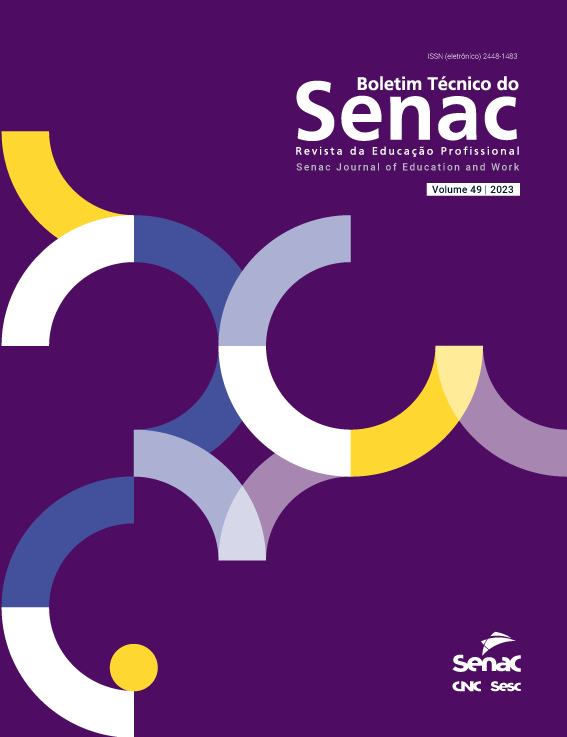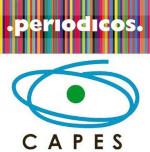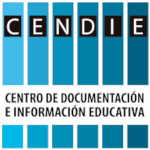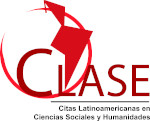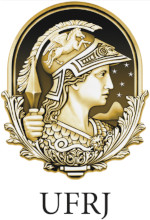Psicologia positiva aplicada à educação: um olhar sobre o pensamento de professores das ciências da natureza acerca das virtudes humanidade e justiça
DOI:
https://doi.org/10.26849/bts.v49i.950Abstract
Os professores da educação básica devem trabalhar em suas aulas com as habilidades socioemocionais e também com a psicologia positiva. Assim, o objetivo deste trabalho foi compreender se os professores das ciências da natureza e matemática conhecem a psicologia positiva e também se suas virtudes são trabalhadas no dia a dia escolar. Para tanto, foram feitas entrevistas com alguns docentes e também se assistiu a seis de suas aulas. Os resultados mostraram que os professores não conheciam o termo mas tinham em mente algumas considerações pertinentes e trabalhavam com suas virtudes em sala de aula.
Downloads
References
ALZINA, R. B.; PANIELLO, S. H. Psicologia positiva, educação emocional e o programa Happy Class Class. Papéis do psicólogo, v. 38, n. 1, p. 58-65, 2017.
BISQUERRA, R. Psicopedagogía de las emociones. Madrid: Síntesis, 2009.
BRASIL. Ministério da Educação. Base Nacional Comum Curricular. Brasília, DF: Ministério da Saúde, 2018.
FONSECA, V. da. Importância das emoções na aprendizagem: uma abordagem neuropsicopedagógica. Revista Psicopedagogia, v. 33, n. 102, p. 365-384, 2016.
PASSARELI, P. M.; SILVA, J. A. da. Psicologia positiva e o estudo do bem-estar subjetivo. Estudos de Psicologia (Campinas), Campinas, v. 24, p. 513-517, 2007.
REY, R. A. et al. Programa aulas felices: psicología aplicada a la educación. [S.l.: s.n.], Oct. 2010. Disponível em: https://www.educacion.navarra.es/documents/27590/203401/Aulas+felices+documentaci %C3%B3n.pdf/3980650d-c22a-48f8-89fc-095acd1faa1b. . Acceso: 9 ago. 2023.
SELIGMAN, M. E. P. (2003). Felicidade Autêntica. [S. l.: s. n.], 2003.
Downloads
Published
How to Cite
Issue
Section
License
Commitment to the Provision of Creative Commons Licensing
The Senac Journal of Education and Work is per the BY NC license, free of charge and with no commercial purpose.
In submitting their work for evaluation, the authors undertake to make their work available through the Creative Commons-BY NC license at the website <https://br.creativecommons.org>, thus dispensing with the need for signing any other document or contract with Senac to regulate the availability of their works in the Senac Journal of Education and Work.
The author (s) further declare that they recognize the Senac Journal of Education and Work as an open access journal, whose Policies and Authors Guidelines are available to know on its official website, namely - www.bts .senac.br - and that they can be modified at any time, and immediately any new condition published online.
The names and addresses informed in this journal will be used exclusively for the services provided by this publication and are not available for other purposes or to third parties.

